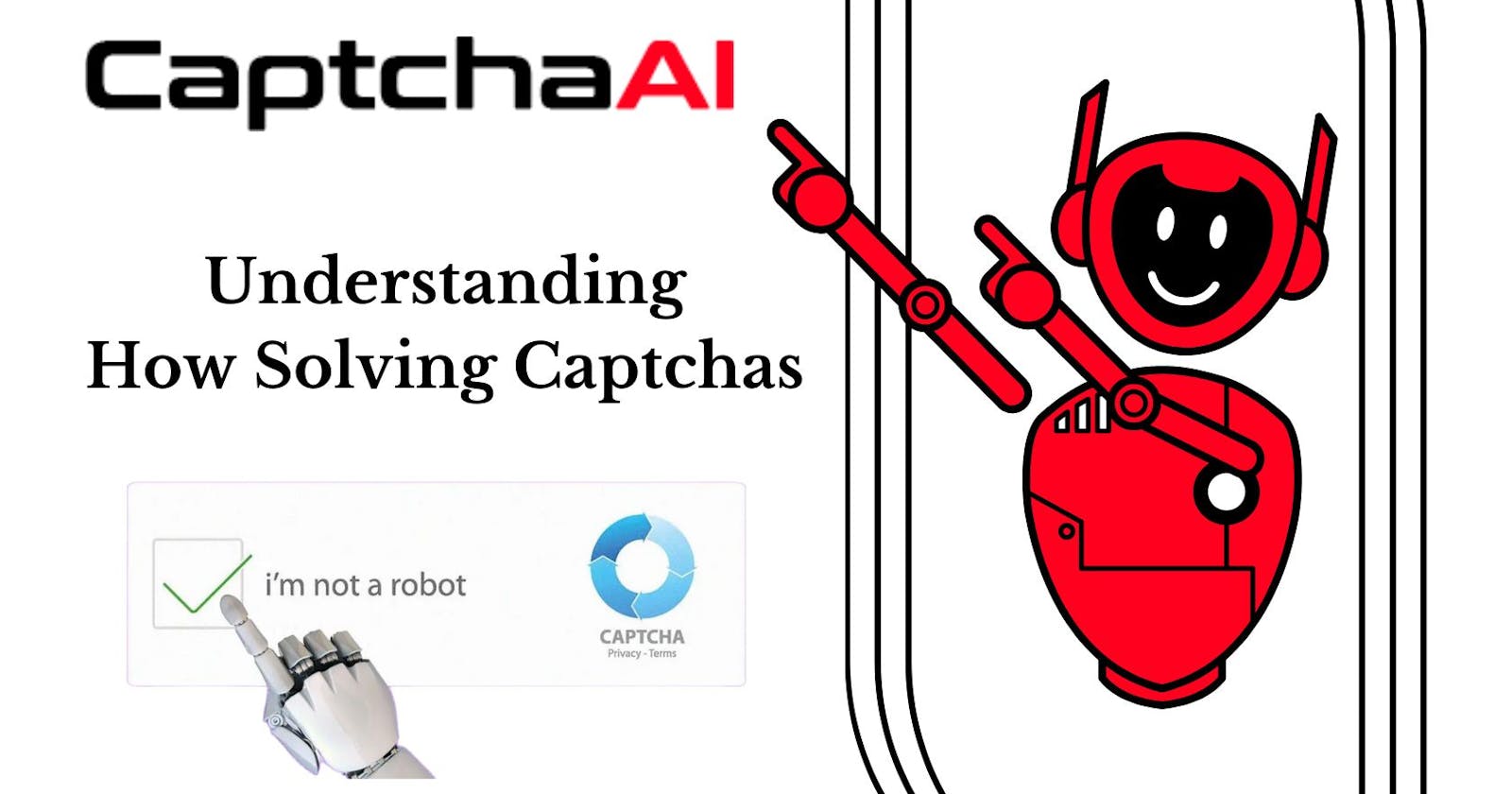Introduction to Captchas
What are Captchas?
Captchas are those familiar puzzles or tests you encounter when browsing the internet. They aim to differentiate between humans and bots by presenting challenges that are easy for humans to solve but difficult for automated programs. This defense mechanism helps safeguard websites from spam, fraudulent activities, and unauthorized access.
Importance of Captchas in Online Security
In today's digital landscape, where online threats are ever-present, Captchas serve as frontline defenders of cybersecurity. They play a crucial role in protecting sensitive information, ensuring the integrity of online platforms, and maintaining trust between users and websites.
Types of Captchas
Text-based Captchas
These are the classic Captchas that display distorted text which users must decipher and input correctly. They often include alphanumeric characters or case-sensitive phrases.
Image-based Captchas
Image-based Captchas require users to identify specific objects or patterns within an image. This type of Captcha tests users' visual recognition abilities and perception.
Interactive Captchas
Interactive Captchas engage users with dynamic elements like puzzles or questions. They are designed to be more resistant to automated solutions and offer a more engaging user experience.
Purpose of Captchas
Preventing Automated Bots
Captchas act as a barrier against automated bots by requiring human intervention to complete tasks that are challenging for machines to replicate accurately.
Protecting Sensitive Information
By verifying user identity and preventing unauthorized access, Captchas help safeguard sensitive data such as login credentials, personal details, and financial information.
Verifying Human Users
Captchas serve as a means of confirming that the entity interacting with a website or online service is indeed a human user, reducing the risk of fraudulent activities and maintaining trustworthiness.
Common Issues with Captchas
Accessibility Concerns
While Captchas enhance security, they can also pose accessibility challenges for users with disabilities or impairments, hindering their ability to access online content.
User Frustration
Complex or ambiguous Captchas may frustrate users, leading to abandoned tasks and decreased user satisfaction. Balancing security with user experience is crucial to mitigate frustration.
Effectiveness Against Bots
While Captchas are effective in deterring automated bots, determined attackers may find ways to bypass or circumvent these security measures, highlighting the need for continuous improvement.
How Captchas Work
Machine Learning and AI
Modern Captchas leverage machine learning algorithms and artificial intelligence to adapt and evolve, staying ahead of emerging threats and sophisticated attack techniques.
Behavioral Analysis
Captchas may analyze user behavior and interaction patterns to distinguish between genuine human users and automated scripts, enhancing their accuracy and reliability.
Pattern Recognition
By identifying unique patterns or characteristics in user input, Captchas effectively differentiate between human and bot behavior, strengthening their ability to combat fraudulent activities.
Solving Captchas
Using Captcha-solving Services
Captcha-solving services offer a convenient solution for individuals or businesses dealing with large volumes of Captcha challenges. These services utilize human workers or automated algorithms to solve Captchas on behalf of users.
Browser Extensions
Various browser extensions and plugins are available to automate the Captcha-solving process or provide assistance and shortcuts for users encountering Captchas during their online activities.
Benefits of Solving Captchas
Access to Restricted Content
Successful completion of Captchas grants users access to restricted content, services, or features that may be otherwise inaccessible or protected by security measures.
Preventing Spam
By filtering out automated bots and malicious scripts, Captchas help reduce spamming activities such as unwanted emails, comments, or registrations, improving the quality of online interactions.
Supporting Online Security Measures
Captchas play a crucial role in strengthening online security by verifying user identities, detecting suspicious activities, and mitigating the risk of cyber threats and attacks.
Conclusion
Captchas are essential tools in the fight against online threats, protecting websites and users from malicious activities. Understanding how Captchas work, the challenges they present, and the methods for efficiently solving them is crucial for both users and website administrators. By balancing security with user experience and embracing technological advancements, Captchas will continue to play a vital role in ensuring the safety and integrity of the online ecosystem.
Dealing with websites to solve different types of Captchas has become quite complex and time-consuming. Moreover, it often comes at a high cost. It's challenging to distinguish between solutions provided by humans and those generated by robots. Some websites rely on human intervention for solving Captchas, which is not always efficient. This approach consumes a lot of time and resources. While there are reputable sites like AntiCaptcha and 2Captcha known for their effective solutions, they can be costly. Thankfully, there are alternatives like CaptchaAI. CaptchaAI leverages artificial intelligence (AI) to solve Captchas and out for its ability to solve all types of complex Captchas at a reasonable price and is not charged for each Captcha and unlimited solutions. With an impressive accuracy rate of 99.9%, CaptchaAI offers a user-friendly and efficient service.

